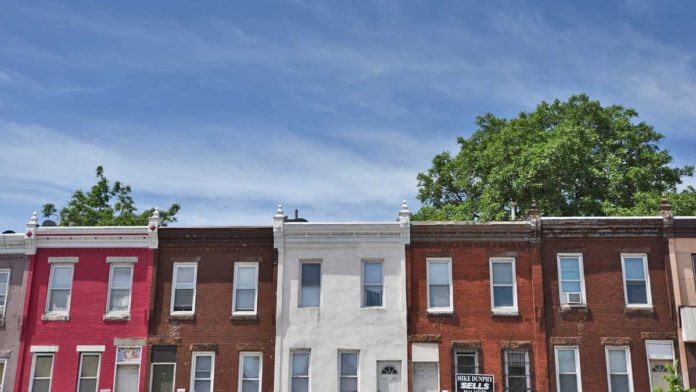
In early May, the city announced a rental assistance program to sustain renters in Philadelphia who may be financially struggling during COVID-19. After only a few weeks, the program closed applications. But many are still vulnerable to housing insecurity, especially LGBTQ people. Due to a lack of funding, the city is now pointing folks in the direction of additional housing resources.
According to a press release from City Council, over 100,000 people have filed for unemployment in Philadelphia and more than 7,000 evictions are expected to be heard once the courts reopen.
An April 2020 study conducted by the Williams Institute found that LGBTQ people are more greatly affected by housing instability than the general community. One in five (21.6%) adult LGBTQ people are living in poverty, with prevalence among Black and Brown, bisexual, women and transgender people. Additionally, 63.8% of same-sex couples are less likely than their straight counterparts to own their own home. The Williams Institute collated additional studies that suggested LGBTQ folks are more prone to discrimination when attempting to secure mortgages and applying to rental properties.
“We know that even during the best of times, LGBTQ+ folks and other marginalized communities disproportionately face issues of housing insecurity,” said the city’s Executive Director for the Office of LGBT Affairs Celena Morrison, “That is why resources like the COVID-19 Emergency Rental Assistance Program have been so important in the wake of this public health and economic crisis. While the application period for this particular program has closed, there are still other resources available for members of our community who are in need.”
According to a spokesperson, the city is unable to reopen the application process at this time due to limited resources and funding.
This Friday, the Emergency Housing Protection Act will be heard by the City Council’s Committee on Housing, Neighborhood Development and the Homeless. Seven bills to do with protections for renters are to be proposed. Councilmember Helen Gym’s bills, if adopted, will establish an eviction diversion program that will halt evictions during the current pandemic and two months after stay-at-home orders are lifted. Councilmember Jamie Gauthier will also propose bills to extend rental payments and provide resources and protections for those who have been illegally evicted. Finally, Councilmember Kendra Brooks plans to propose bills that limit rent increases during the pandemic and for another year after emergency orders are lifted.
In the meantime, if anyone is worried about being evicted, the Philadelphia Eviction Prevention Program offers counseling or legal services. Those who own homes and are unable to meet mortgage payments can contact the city’s Mortgage Foreclosure Prevention Hotline. Those who are concerned that they are unable to make utilities payments can seek assistance from UESF, an housing assistance organization that recently recognized that utility assistance is part of the solution to the Philadelphia housing crisis.
There are also options for those who are in fear of eviction from current housing. The city’s intake shelters are currently open to those experiencing homelessness. Earlier this month, the city started making strides in non-congregate housing by opening up hotels in order to keep those experiencing homelessness and those recently released from prison safe from COVID-19 infection. Additionally, LGBTQ-friendly organizations like Project Home and LGBTQ-specific organizations like Valley Youth House offer housing options and shelter for those who are housing unstable. According to the city’s website, shelters are especially welcoming to survivors of domestic violence and young people ages 12-17.
“I also want to remind folks that Governor Tom Wolf signed an executive order to prevent foreclosures and evictions until July 10,” said Morrison, “Plus, there will be no gas, electric, water or landline phone shutoffs in Philadelphia during this crisis. The specifics for each utility company — including the waiving of late fees and other details — vary, so you should always check directly with the company.” The city expects to respond to all applicants who applied within the month of May by early June.
Housing resources and contact information are available at phlrentassist.org
